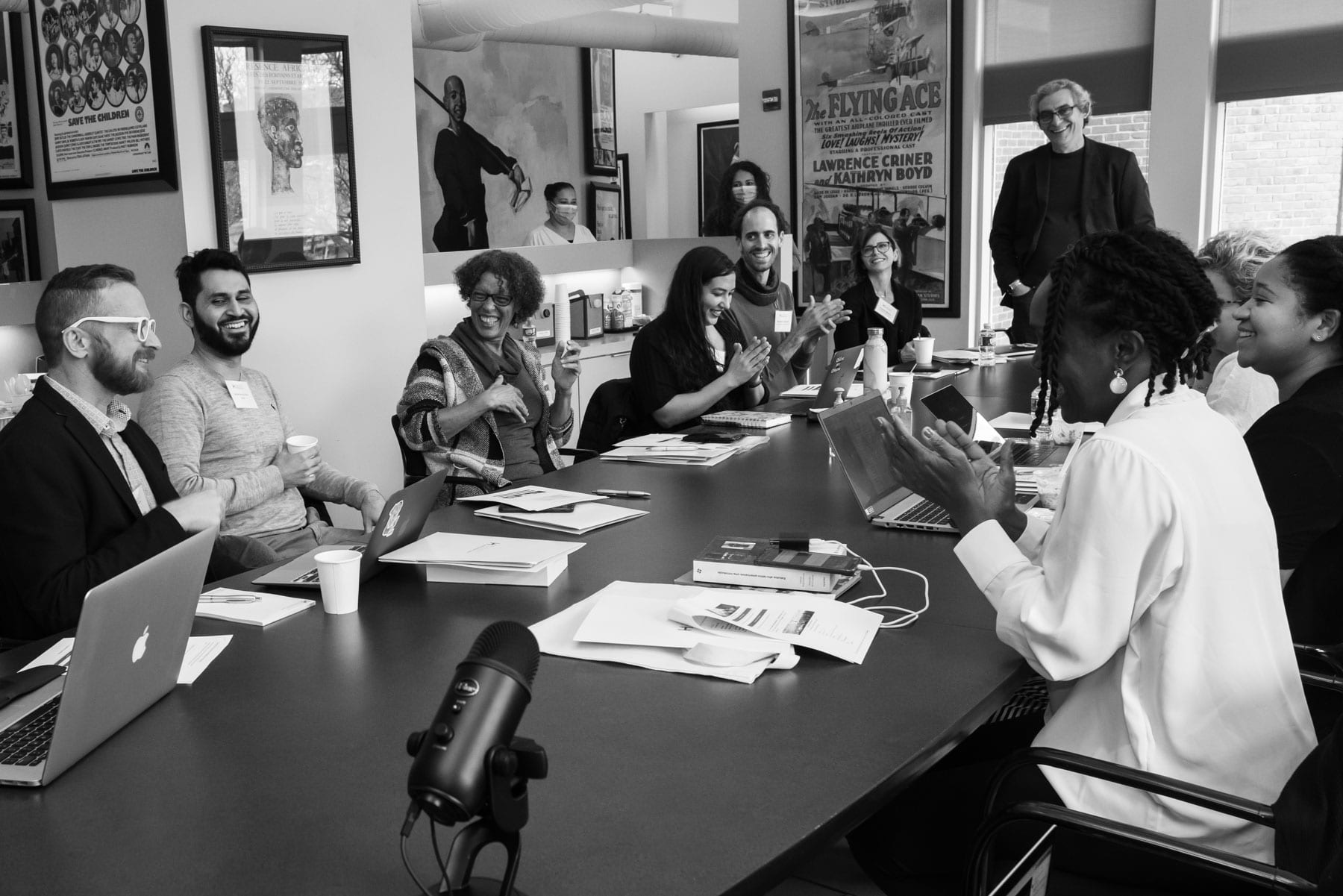
Join us for a screening of Antônio Pitanga´s latest film, “Malês,” followed by a conversation with the filmmaker and actress Camila Pitanga. The Q&A will be held in Portuguese with simultaneous English interpretation.
MALÊS is a journey of resilience and courage, set in Salvador, Bahia in 1835. During their marriage, two young Muslims are torn from their homeland in Africa and enslaved in Brazil. Separated by cruel fate, they struggle to survive and find each other again, while finding themselves involved in the largest slave uprising in Brazilian history: the Malês Uprising.
Registration not required. Seating on a first-come, first-served basis.
Speakers:
Antonio Pitanga, Actor & Director
Camila Pitanga, Actor
Moderator: Sidney Chalhoub, David and Peggy Rockefeller Professor of History and of African and African American Studies; Chair, Department of History; Faculty Affiliate, Department of Romance Languages and Literatures
Speakers and Moderators Bios
Antonio Pitanga is an 83-year-old actor with a career spanning over 60 years. His resume includes over 70 films, several soap operas and series, and dozens of plays. One of the pillars of the Cinema Novo movement, Pitanga worked with iconic and definitive directors in the history of Brazilian cinema, such as Glauber Rocha, Trigueirinho Neto, Roberto Pires, Cacá Diegues, Joaquim Pedro de Andrade, Walter Lima Jr. and Anselmo Duarte.
His performance has always been physical: he is an actor with a particular, spontaneous, urgent body language, whose performances manifest the need to intervene in the reality of a turbulent world. He was part of the cast of “O Pagador de Promessas”, from 1962, the only Brazilian film to win the Palme d’Or at the Cannes Film Festival in France. In 2017, he was the subject of the documentary “Pitanga”, directed by his daughter, Camila Pitanga, and Beto Brant. In 2018, his life story was told in the plot “Antonio Pitanga: a black man in movement” by the Unidos da Porto da Pedra samba school, which parades in the A series at the Rio carnival. In 2020, alongside Camila Pitanga, he was honored at the 23rd Tiradentes Film Festival. On stage, Pitanga starred alongside his son Rocco in the play “Embarque Imediato”, written by Aldri Anunciação, which performed in several cities such as Salvador, RJ and São Paulo. A boarding school student, he worked in several professions: tailor, shoemaker, graphic designer and postman, until he entered the world of the arts, through the “Cinema Novo” Movement, when he became one of Glauber Rocha’s favorite actors. From then on, his path would be definitively linked to the country’s cultural movements, which had just gained a new methodology of action with his arrival. With his entire life dedicated to culture, he worked in Europe, Africa, Tehran and Latin America.
Camila Pitanga is an actor, director and producer, with a degree in Performing Arts from Unirio. In 2016, she was the first person from the Americas to be nominated a National UN Women Ambassador. As an actor, she has participated in 13 feature films, 13 soap operas, series and miniseries, playing iconic characters such as Bebel in Paraíso Tropical and Isabel in Lado a Lado, a soap opera that won the 41st International Emmy. She received the best actress award at the Rio Festival for “Eu Receberia as Piores Notícias de Seus Lindos Lábios” and best Brazilian film at the Mostra SP for Pitanga. In the theater, she has acted in 12 plays and in 2025 she will premiere in Beleza Fatal, Max’s first soap opera, and the feature film Malês, which was directed by her father, Antônio Pitanga.
Sidney Chalhoub taught history at the University of Campinas, Brazil, for thirty years. He moved to Harvard in July 2015. A social historian of nineteenth- and early twentieth-century Brazil, his first monograph, Trabalho, lar e botequim (1986), is a study on working-class culture in Rio de Janeiro, based mostly on the analysis of homicide trial records. Visões da liberdade (1990) explores enslaved people’s petitions for freedom and other judicial cases to understand the role of the enslaved in bringing about the demise of slavery in Brazil. Cidade febril (1996) is a history of epidemics in nineteenth-century Rio de Janeiro, focusing on public health policies regarding housing for the poor, on how race informed medical thinking, and on popular resistance to smallpox vaccination. Machado de Assis, historiador (2003) analyzes slavery, race, and the politics of literature in the work of the most important Brazilian novelist of all times. A força da escravidão (2012) investigates the practices of illegal enslavement and the precariousness of freedom in nineteenth-century Brazil.
Presented in collaboration with the Brazil Studies Program (DRCLAS)
